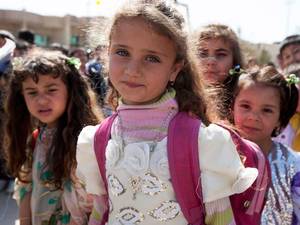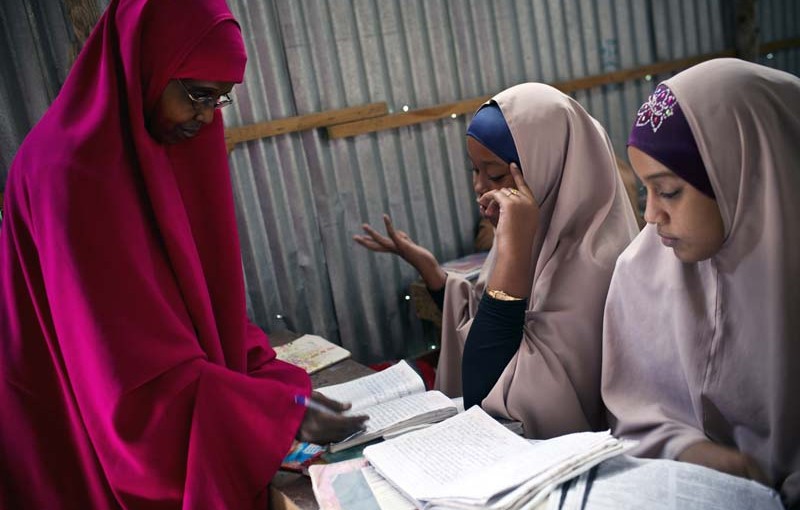The empowerment of girls and women starts on the benches of school, with quality education and access to culture and information.
Gender equality means literacy. It means access to science. It means genuine possibilities for girls to become everything they wish for. And to make their own informed choices. This is essential for human rights, for health, for sustainable development, for the fabric of societies as a whole.

Development is not sustainable if it is unequal. This is why we must do far more together to uphold the human rights and potential of every girl and women.
Gender equality is a global priority of UNESCO.
via UNESCO
UNESCO launched the Global Partnership for Girls’ and Women’s Education, known as ‘Better Life, Better Future’, in 2011 guided by the conviction that educating girls and women can break the cycle of poverty and foster greater social justice. The Partnership seeks to increase learning opportunities for adolescent girls and women and to find solutions to some of the biggest challenges and obstacles to their education. Particular emphasis is given to expanding and improving the quality of education for girls and women at the secondary level and in the area of literacy, to take successful initiatives to scale, to replicate good practice and to engage new actors.
“There is no justification – be it cultural, economic or social – for denying girls and women an education. It is a basic right and an absolute condition for reaching all the internationally agreed development goals. It is through education that girls and women can gain the freedom to make choices, to shape their future and to build more inclusive and just societies. “
